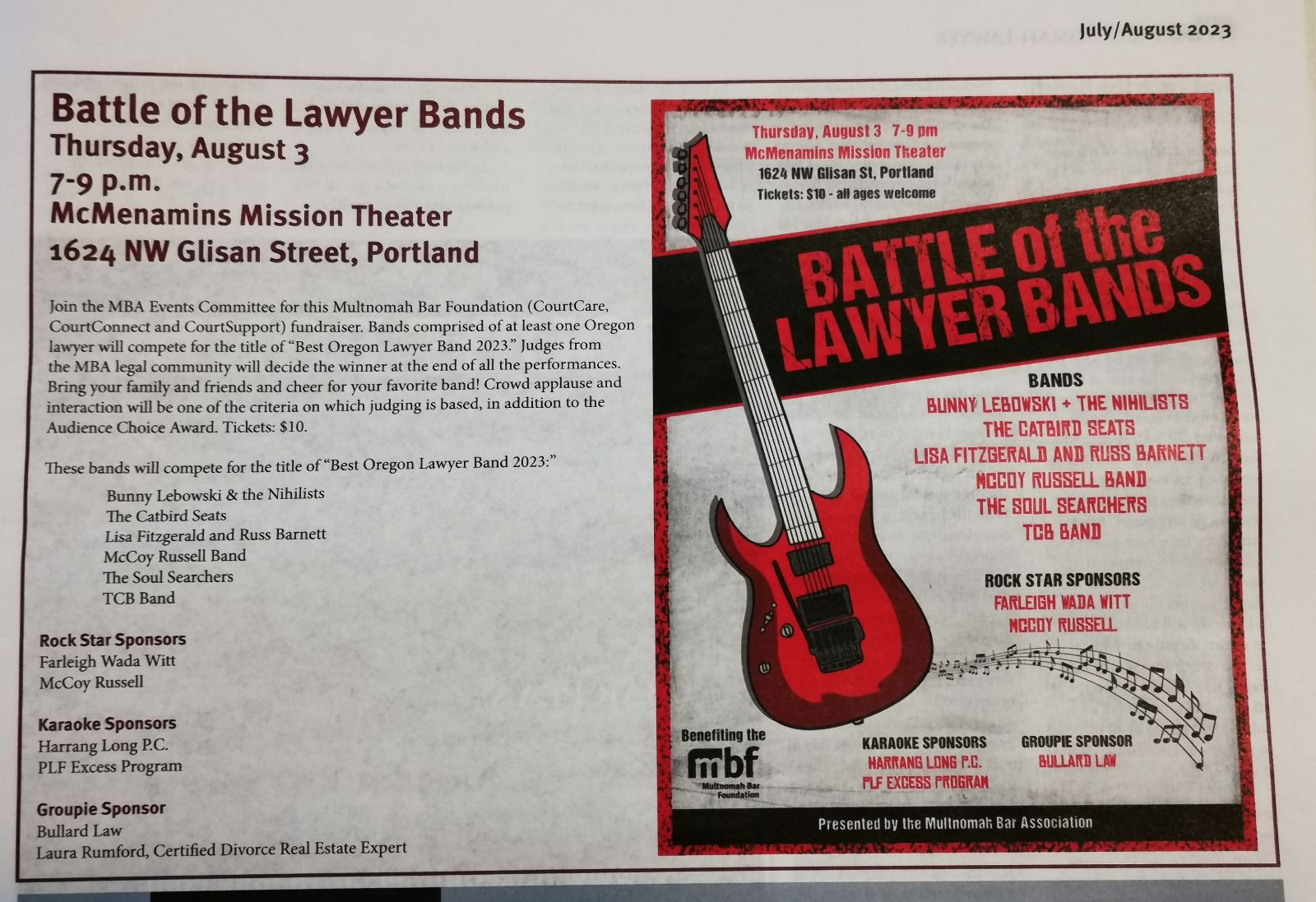
Patent prosecution strategy is a critical part of managing a patent portfolio. The United States patent system, while offering invaluable safeguards to innovative companies, can sometimes pose financial hurdles through intricate processes like Requests for Continued Examination (RCEs) and Restriction Requirements (RRs). McCoy Russell recognizes that challenges are merely opportunities in disguise, through meticulous strategy and a nuanced approach, we have transformed these patent prosecution burdens into potential advantages, allowing us to not only safeguard our clients’ inventions but also optimize their financial investment.
It is no secret that RCEs and RRs can significantly escalate patent prosecution costs. The firm has honed a set of strategies that flip the script and turn these potential financial drawbacks into avenues for cost savings.
One of our key tactics involves strategic RR traversals. By skillfully navigating restriction requirements, we can actually use RRs as a tool to substantially minimize RCEs across a portfolio. The firm has seen a string of successive executions of these strategies (which include strategic petitions), where improper restriction requirements can be successfully petitioned as not only leverage in prosecution, but to avoid RCEs while still providing the applicant amendment opportunities. Specifically, this can be accomplished precisely at the juncture where an RCE would otherwise be deemed necessary.
To understand the significant impact of our strategies, imagine a typical portfolio, where around 30% of cases encounter a restriction. By strategically traversing these restriction requirements, we can effectively reduce cases with withdrawn claims (or said another way, divisional filings) by nearly 30%. This reduction arises due to the examiner’s voluntary withdrawal of the restriction and through the examiner being compelled to withdraw it based on a successful petition.
Now, assume that approximately 20% of cases will face a final rejection where an RCE for continued examination is desired (rather than appeal). Among these cases, assuming roughly 30% involve a restriction requirement, those restrictions can actually be used to reduce RCEs, and this is precisely where our approach truly shines: through our precise traversal and strategic petition, we enable close to half of the cases with both an RCE and a restriction to sidestep the RCE requirement entirely and provide the applicant with the ability to have further amendments or evidence entered nonetheless.
McCoy Russell leverages its cost-sensitive, strategic approach to traversal and petitions to the benefit of its clients. The firm continues to demonstrate that success is attainable, and costs can be significantly mitigated across a patent portfolio. Our team possesses the expertise and insights required to maneuver through the intricate landscape of patent prosecution, delivering results that matter and savings that count.
If you think your portfolio could benefit, we offer complimentary training sessions for in-house counsel to learn how they can take advantage of these tactics in their portfolio. Please contact us to schedule your training session.








Recent Comments